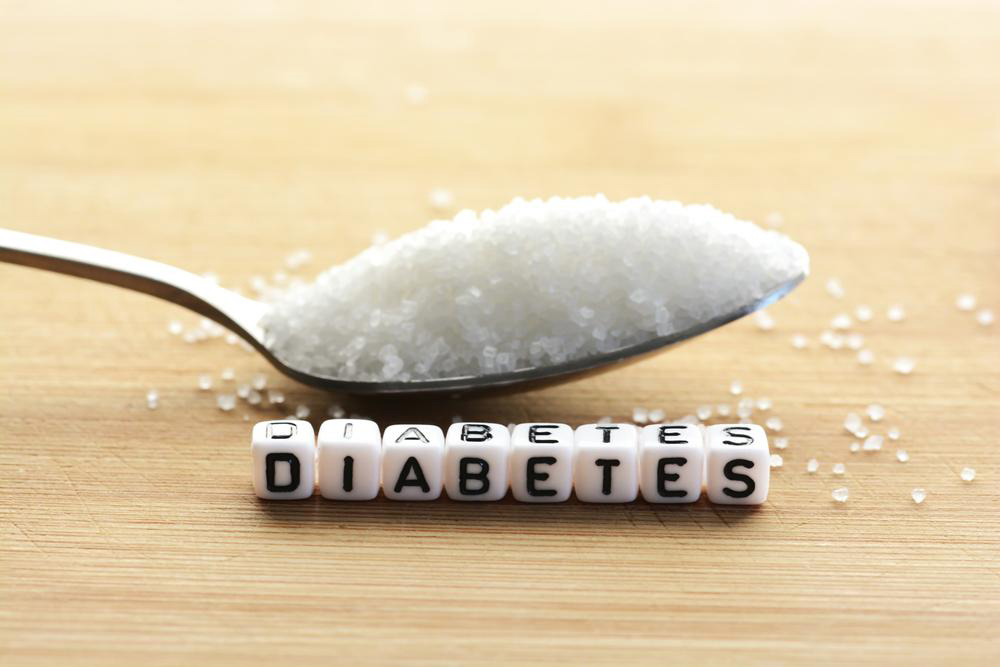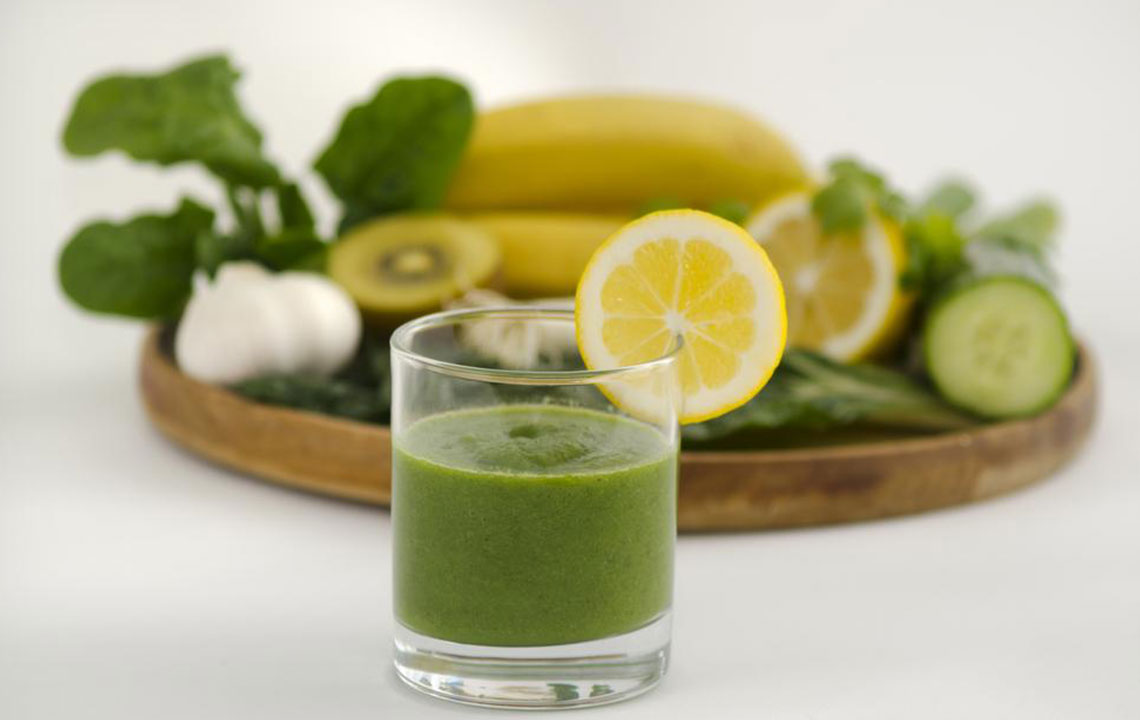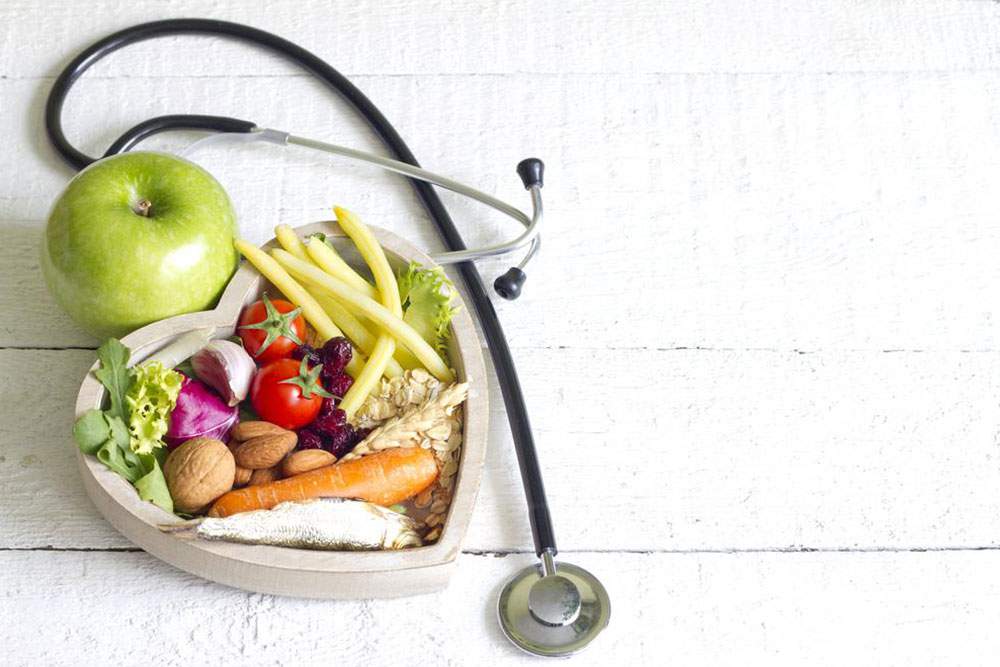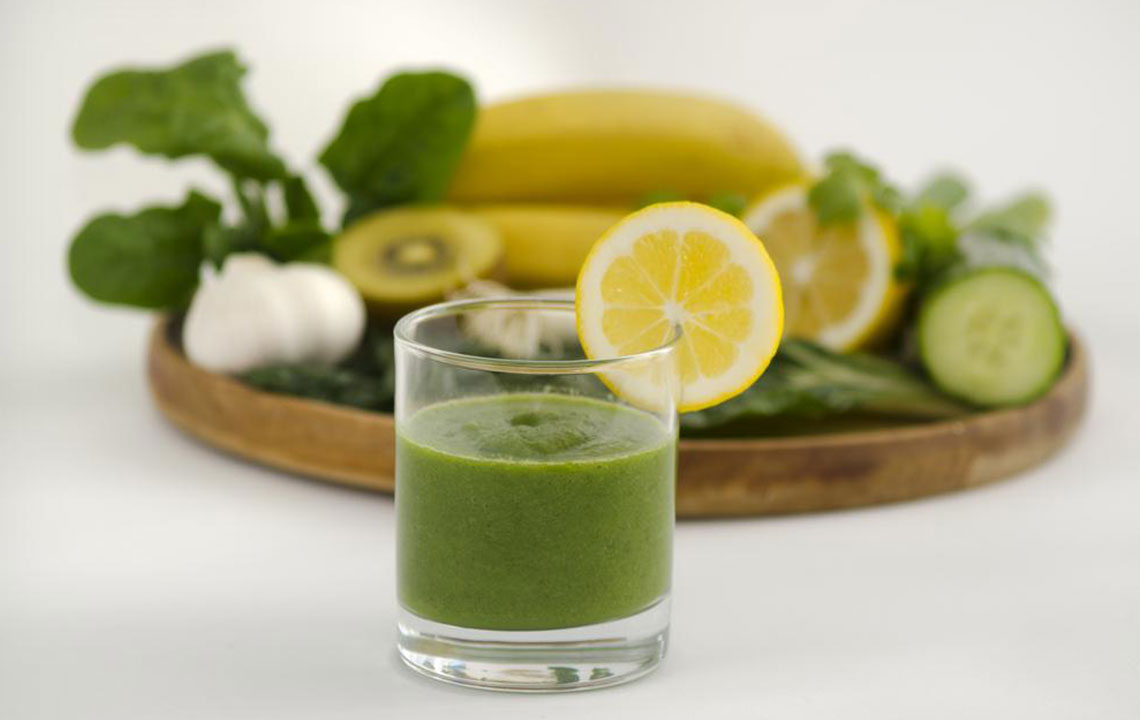Comprehensive Guide to Foods Diabetic Patients Should Avoid for Better Health
This comprehensive guide provides essential information for diabetics on foods to avoid, including refined grains, high-sugar snacks, fried foods, and high-sugar fruits. It emphasizes healthier alternatives like whole grains, plain yogurt, and fresh fruits, highlighting the importance of proper diet management for better blood sugar control and long-term health. Practical tips and nutritional insights help diabetics make smarter dietary choices, contributing to improved health outcomes and reduced risk of complications.
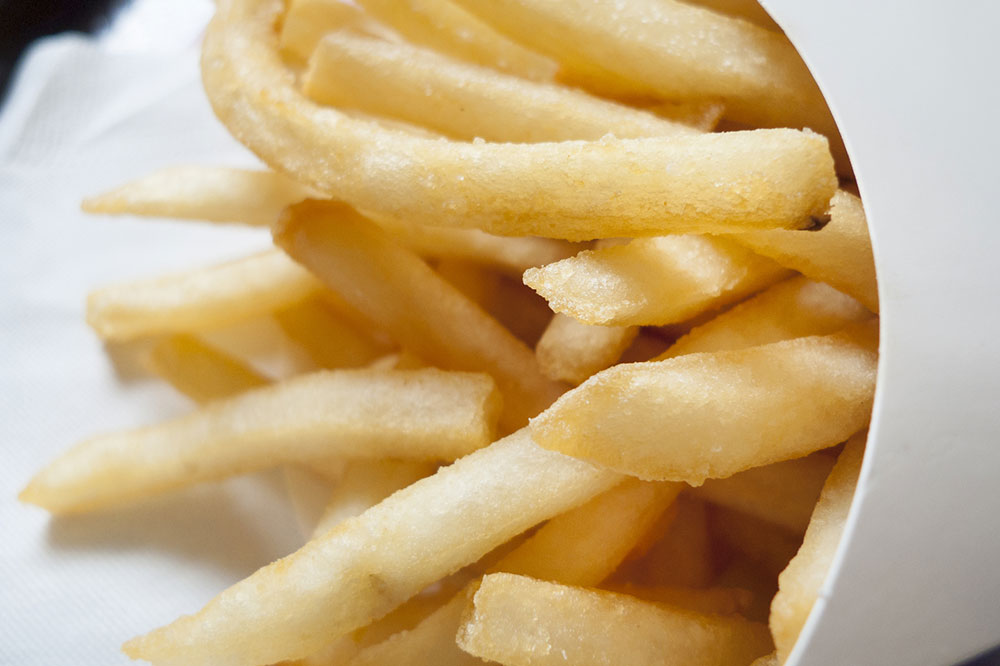
Comprehensive Guide to Foods Diabetic Patients Should Avoid for Better Health
Managing diabetes effectively involves making informed dietary choices that help maintain stable blood sugar levels and reduce the risk of long-term complications such as cardiovascular disease, kidney problems, and nerve damage. Since diet plays a pivotal role in diabetes management, understanding which foods to limit or avoid is essential for improving overall health, preventing glucose spikes, and supporting medications. In this detailed guide, we explore the common foods that individuals with diabetes should minimize or eliminate from their diet to enhance their quality of life and health outcomes.
Refined Grains: White Bread, White Rice, and Pasta
Refined grains are staple ingredients in many diets worldwide. However, for people with diabetes, these foods can be detrimental due to their high glycemic index. White bread, white rice, and regular pasta undergo processing that strips away the fiber-rich bran and germ, leaving behind starchy endosperm that rapidly converts into glucose. This leads to quick, sharp increases in blood sugar levels, which can be challenging to manage. Furthermore, refined grains lack essential nutrients such as fiber, vitamins, and minerals that support heart health, digestion, and overall well-being. Replacing refined grains with whole-grain alternatives like brown rice, oats, barley, and whole wheat products can significantly improve blood sugar control. These options contain higher fiber content, which slows digestion and glucose absorption, offering a steadier energy release and reducing the risk of blood sugar spikes. Incorporating these healthier grains into daily meals is a vital step for individuals with diabetes.
Sugary-Flavored Yogurt
Yogurt, especially when plain and unsweetened, is a nutritious food rich in probiotics, calcium, and protein. However, flavored yogurt variants often contain added sugars and sweeteners that can significantly raise blood glucose levels, undermining efforts to manage diabetes. Consuming high-sugar flavored yogurt can lead to increased insulin demands and weight gain, both of which are detrimental to diabetic health. To enjoy the health benefits of yogurt without risking blood sugar spikes, opt for plain, unsweetened Greek or regular yogurt. You can naturally sweeten it with fresh berries, a sprinkle of cinnamon, or a few slices of low-glycemic fruits like apples or pears. This simple switch supports weight management, improves gut health, and helps maintain stable blood sugar levels.
Dried Fruits
Dried fruits may seem like a healthy snack, but their concentrated sugars make them risky for people with diabetes. The removal of water during dehydration concentrates natural sugars along with nutrients, leading to higher glycemic index values. Items such as raisins, dried apricots, figs, and dates contain significant sugar amounts per serving, which can cause rapid blood glucose increases if eaten in excess. Moderation is key, and choosing fresh fruits with lower sugar content is preferable. For example, berries, cherries, and green apples are lower in sugar and higher in fiber, making them excellent options for diabetic-friendly snacking. Portion control and pairing dried fruits with nuts or seeds can also help mitigate their blood sugar impact.
Fried Foods: Fries, Fried Chicken, and Chips
Fried foods are among the most calorie-dense and unhealthy options, especially for those managing diabetes. They are typically cooked in unhealthy oils with trans fats or excessive saturated fats that promote inflammation and cardiovascular risks. The batter coatings and frying process add unnecessary calories and fats, which can worsen insulin resistance and contribute to weight gain. Regular consumption of fried foods is linked to increased risks of heart disease, a common complication among diabetics. Healthier cooking methods, such as baking, grilling, steaming, or sautéing with minimal oil, are recommended alternatives to satisfy cravings for crispy textures while supporting blood sugar control. Incorporating more whole, unprocessed foods into meals ensures better nutrient intake and reduces the risk of diabetes-related complications.
High-Sugar Fruits: Bananas, Melons, Peaches, and Nectarines
Fruits are generally considered healthy, but for people with diabetes, certain high-sugar varieties require moderation. Bananas, melons like cantaloupe and honeydew, as well as peaches and nectarines, contain significant natural sugars that can cause rapid increases in blood glucose levels if consumed excessively. While they provide essential vitamins and fiber, portion control is vital. It is often better to consume lower-sugar fruits such as berries, green apples, or citrus fruits like grapefruits and oranges in moderation. Pairing fruits with protein or healthy fats, like nuts or yogurt, can also slow down the absorption of sugars and promote stable blood glucose. Consulting a healthcare professional for personalized dietary advice is essential to tailor fruit intake to individual blood sugar responses.
In conclusion, individuals living with diabetes must be vigilant about their dietary choices. While completely avoiding foods rich in refined carbs, sugars, and unhealthy fats might seem challenging initially, understanding the impact of these foods allows for smarter, healthier eating habits. Choosing whole grains, unflavored dairy, fresh fruits, lean protein, and healthy cooking methods can make a significant difference in controlling diabetes, preventing complications, and improving overall quality of life. Always seek guidance from healthcare providers or registered dietitians when making dietary changes to ensure they align with your specific health needs and goals.
